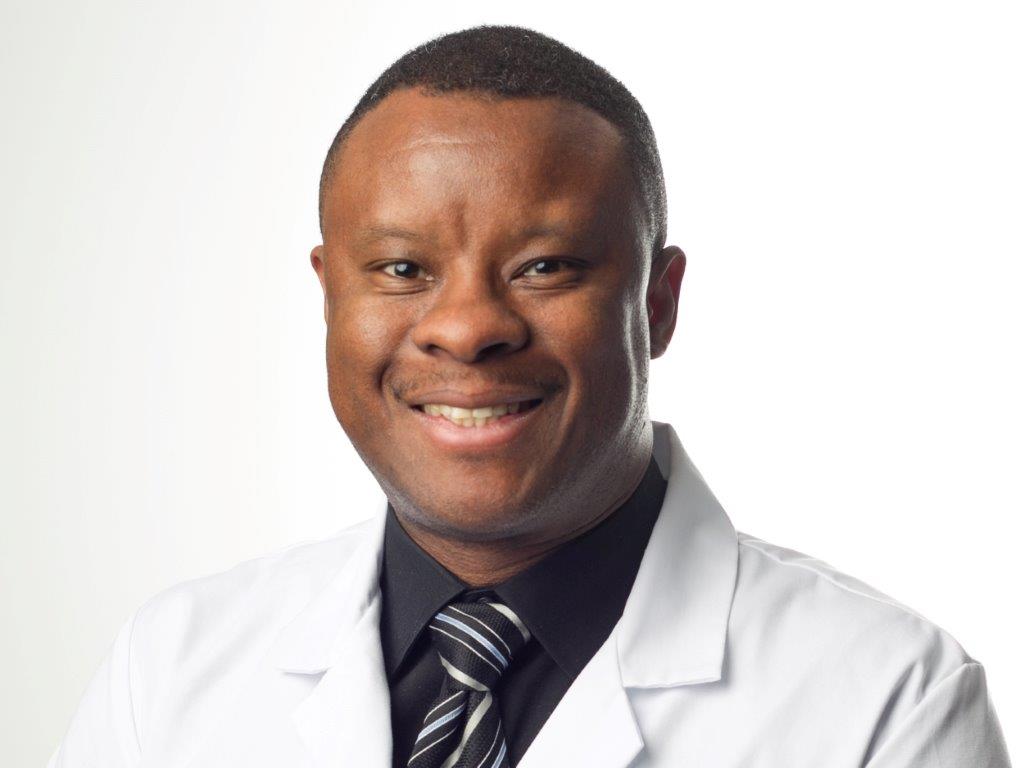Nearly 49 million people 12 years old and older in 2022 faced substance use disorders (SUDs) in the past year according government survey results published last November. Among those classified as needing treatment that year, only about 1 in 4 received it, according to the survey, and not even 1% of adolescents with an SUD sought any treatment.
These results from the 2022 National Survey on Drug Use and Health (NSDUH) are discouraging, but all of us can do something to help. Many of the reasons those with an SUD don’t get treatment, such as lack of accessible resources and finances, may be beyond our control. We can, however, work to destigmatize SUDs so that those afraid of being labeled for their illnesses are more likely to seek help.
One simple way to destigmatize SUDs is to consider our word choices. The National Institute on Drug Abuse includes a list of terms to use and those to avoid. As with many disorders, one recommendation is to focus on the person rather than frontloading the illness, so use “person with an SUD” instead of more problematic terms, such as “addict,” “alcoholic” or “user.”
Another outdated term, still used in many organization names, is “drug abuse.” The term “substance use disorder” is preferred because it emphasizes that misuse of drugs is the result of an illness, not a deliberate act. That’s also why the word “habit” is better to avoid. Notice how judgmental some of our words for recovery sound as well, such as “clean” when we could use “being in remission” or “in recovery.” We should also never use the word “dirty” or “clean” for a drug test result instead of “positive” or “negative.”
Such caution with language can be especially important when we’re talking to young people, who are often sensitive to others’ opinions. We should also remember that anxiety disorders — including social anxiety disorder, characterized by the fear of being judged — are some of the most common mental health disorders in the U.S.
Encourage those who need assistance to reach out. The Substance Abuse and Mental Health Services Administration (SAMHSA) helpline is a 24-7 information and referral service for those with mental or substance use disorders — and their families. Just call 1-800-662-HELP (4357). If in crisis, call, chat or text the Suicide and Crisis Lifeline at 9-8-8. Both lines are in English and Spanish.
You can find help locally as well. The Sandra Eskenazi Mental Health Center provides comprehensive mental health services, including treatment for substance use disorders. Sandra Eskenazi Mental Health Center Adult Addiction provides outpatient care and treatment for clients with addictions to drugs, alcohol or gambling. The Sandra Eskenazi Mental Health Center Caring Recovery Opioid Treatment Program is at a new location, 3419 English Ave. Please call 317-880-8491 for information on any of these services.
Broderick Rhyant, M.D., chief physician executive with Eskenazi Health Center Grande







